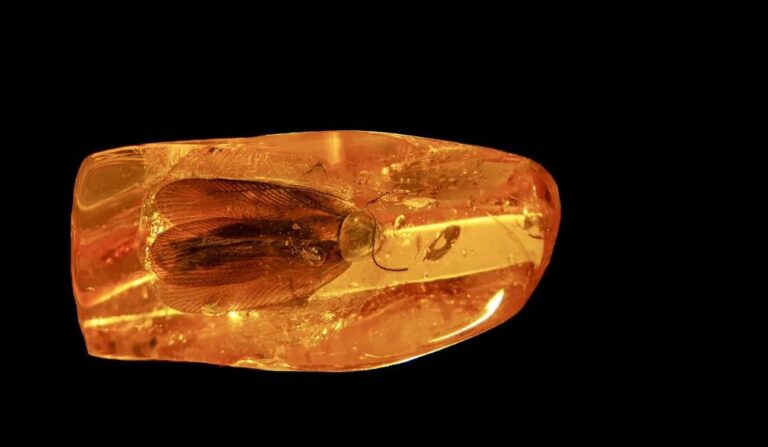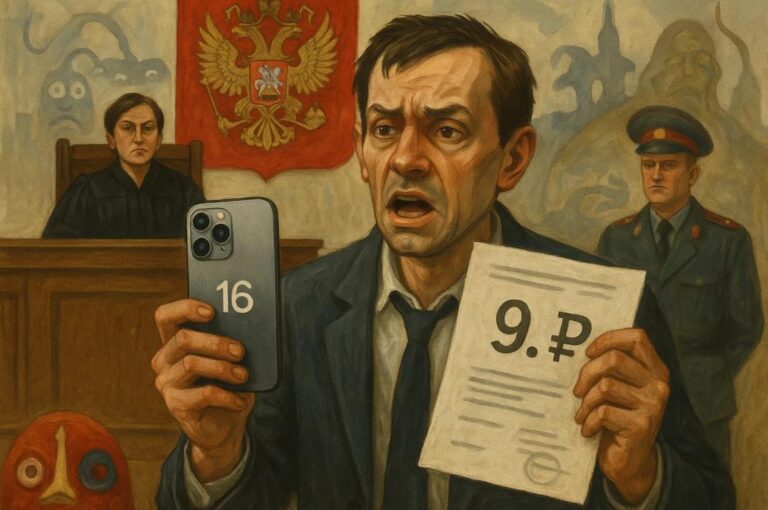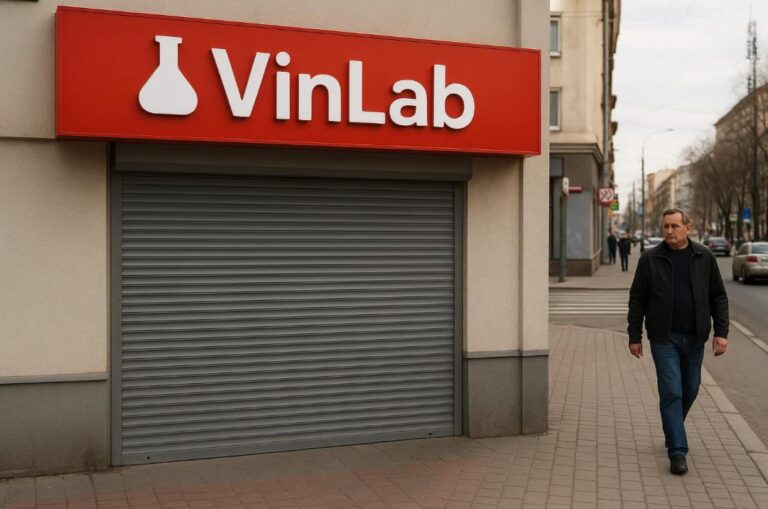
Russia plans multiple long weekends and short workweeks in 2026.
In 2026, life in Russia will be shaped by a series of extended holidays and seven short workweeks, according to russia news today. The Ministry of Labor has finalized the national work calendar for next year, outlining how public holidays will impact work schedules. The list includes New Year’s holidays, traditional Russian celebrations, and commemorative dates officially recognized by the government.
Seven short workweeks and several extended breaks
The year will begin with a 12-day New Year break, running from January 1 through January 12. Three-day weekends are also scheduled around Defender of the Fatherland Day on February 23, International Women’s Day on March 8, Victory Day on May 9, Labor Day on May 1, and Russia Day on June 12. Additionally, in early November, the workweek will be interrupted by a midweek public holiday on Unity Day, falling on a Wednesday.
Government to optimize labor and rest schedule
The Russian government plans to issue an official decree to formalize the calendar. Each year, the Cabinet determines which weekend days will be moved to adjacent weekdays to create longer breaks. This process aims to balance work obligations with rest opportunities, and to align holidays with weekends when possible. The Ministry of Labor explained that this helps maintain a sustainable work-rest rhythm for citizens and businesses alike.
Impact on business and public services
Employers will need to adjust schedules in advance to account for reduced workweeks and public sector closures. With seven shortened workweeks spread across the year, companies may see changes in productivity, especially in the first quarter and during spring. Public transportation, banking, and healthcare services typically operate on reduced hours during such holiday periods.
Russian calendar reflects cultural traditions and modern planning
These holidays reflect Russia’s blend of historical commemorations, seasonal observances, and social customs. The New Year remains the longest and most celebrated holiday. Other breaks, such as Women’s Day and Victory Day, remain important to Russian identity and national pride. The work calendar represents an effort to merge cultural continuity with economic pragmatism.






